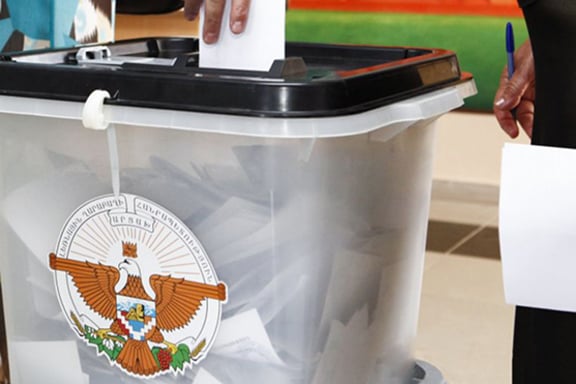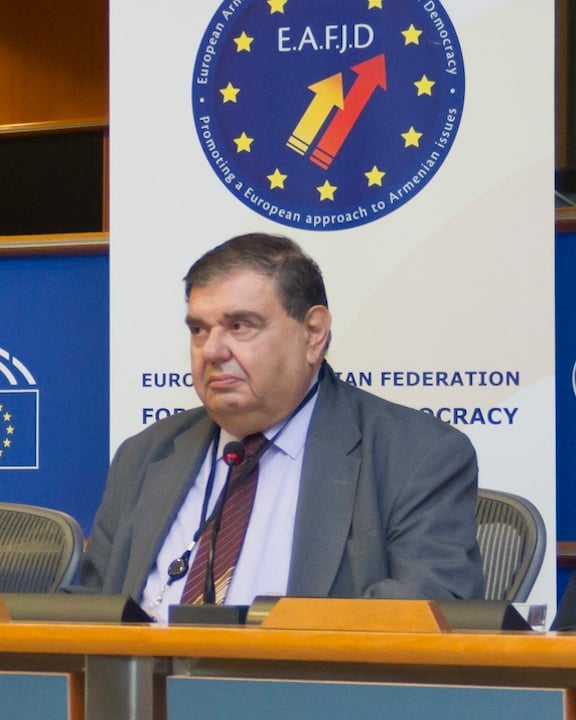ԵՌԱԳՈՅՆ. The European Armenian Federation for Justice and Democracy, the ANC of Europe, expressed its disappointment with a recent statement by a high-ranking European Union official who disparaged Tuesday’s presidential and parliamentary elections in Artsakh.
The official in question is Josep Borrell, the EU’s High Representative and the Vice-President of the European Commission, who in comments to the press before Tuesday’s election said that the EU “does not recognize the constitutional and legal framework within which they [the Artsakh elections] are being held.”
Borrell went on to say that “this event [the elections] cannot prejudice the determination of the future status of Nagorno-Karabakh or the outcome of the ongoing negotiation process.”
In an open letter publicized on Wednesday, EAFJD President Kaspar Karampetian said Borrell’s comments send “a signal that the political status of a country is a prerequisite for enjoying universal human rights”
Read also
Below is the text of the letter.
As a European grassroots organization with members in fourteen Member States of the European Union and first of all as citizens of the European Union, we would like to express our disappointment and deep discontentment with the recent statement of the European External Action Service concerning the presidential and parliamentary elections in the Nagorno Karabakh/Artsakh Republic – a statement that unfortunately discourages a democratic way of organizing a society.
We do believe that the European Union is a union that is based on values and attaches great importance to upholding the universal human rights and democracy, within the borders of the EU and outside of it. In fact, any elected government in the EU is accountable for standing for these values.
On 31. March the people of Artsakh/Nagorno Karabakh exercised their right to vote and reiterated their commitment to organize their society according to the principles of transparency and democracy. This is a path that they consciously and willingly chose more than 25 years ago and have been faithful to since the collapse of the Soviet Union without any help from the outside and despite extremely complex, unfriendly geopolitical situation.
With such discouraging statements the EEAS sends a signal that the political status of a country is a prerequisite for enjoying universal human rights. In fact, international law does not recognize any limitation over human rights of individuals or groups based on the status of the country of their residence and contains no discriminatory provisions in relation to non-recognized states.
No conflict has been solved in a sustainable way through isolating, marginalizing the people who are directly affected by it and without speaking or listening to them. As citizens of the EU we therefore call on the External Action Service to reconsider its position regarding this matter and we do sincerely hope that it does so.
Sincerely,
Kaspar Karampetian
EAFJD President





















































